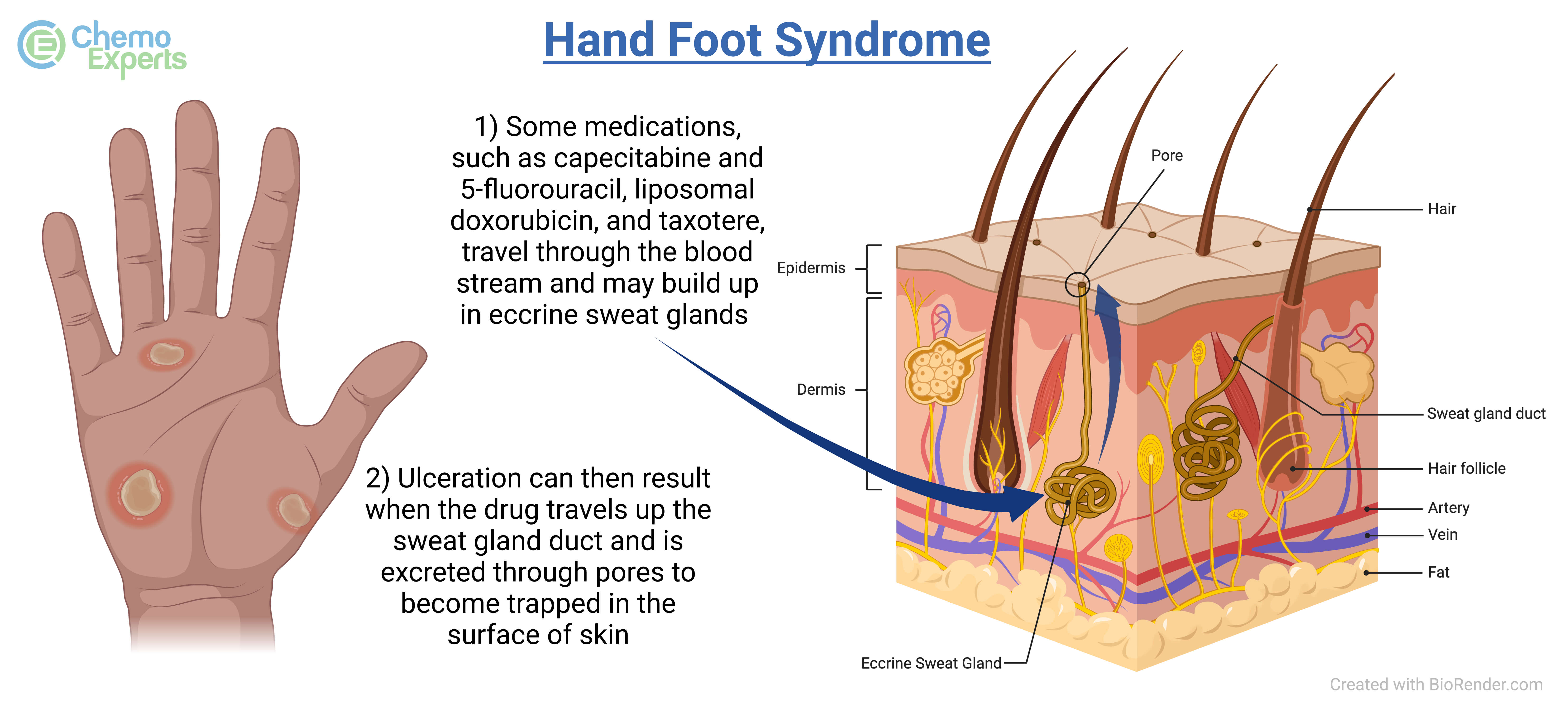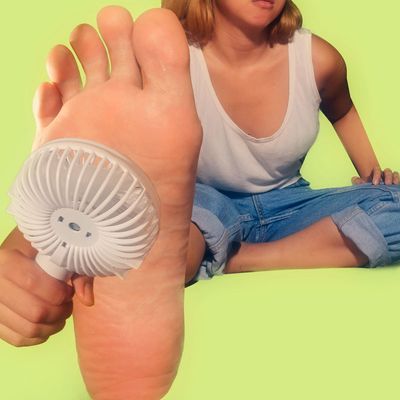Reliable Dermatology Solutions for Excessive Sweating: How to Stop Sweaty Hands and Feet
Reliable Dermatology Solutions for Excessive Sweating: How to Stop Sweaty Hands and Feet
Blog Article
Understanding the Root Causes of Excessive Sweating and Its Influence on Daily Life
Too much sweating, additionally known as hyperhidrosis, is a condition that influences a significant section of the population, yet its underlying reasons and implications on day-to-day functioning stay somewhat enigmatic. While it is typically comprehended as a physiological feedback to control body temperature level, the triggers for excessive sweating can differ commonly among people, encompassing not only physical factors but also psychological and mental aspects. The effect of this problem prolongs past simple discomfort, typically affecting social interactions and general high quality of life. By diving right into the root triggers of hyperhidrosis and exploring its multifaceted effects, a deeper understanding of this prevalent concern can be obtained, clarifying the intricacies that people coming to grips with extreme sweating navigate every day.
Physiology of Sweat Glands
The guideline of sweat production, an important physiological process, is mostly regulated by the task of sweat glands dispersed across the human body. Sweat glands are classified into 2 main kinds: eccrine and apocrine glands. Eccrine glands are the most countless and are discovered in nearly all locations of the body. They play an important duty in thermoregulation by secreting a watery liquid onto the skin's surface area, which helps and vaporizes cool down the body down. On the other hand, apocrine glands are focused in locations abundant in hair roots, such as the armpits and groin, and their secretions are thicker and milklike in appearance.
When the body temperature rises, either because of exercise, high temperatures, or psychological tension, the anxious system sets off the sweat glands to create sweat. This sweat is made up mostly of water and electrolytes like salt and chloride. The procedure of sweat manufacturing is important for maintaining the body's internal temperature within a slim, optimal range, highlighting the critical function gland play in human physiology.
Triggers for Excessive Sweating
In understanding the origin causes of extreme sweating, it is critical to recognize the triggers that can lead to this physical response. Physical exertion, high temperatures, and spicy foods are also known to cause too much sweating in individuals prone to this problem.
In addition, medicines such as some antidepressants, opioids, and particular supplements can likewise work as triggers for hyperhidrosis. Comprehending these triggers is necessary in taking care of extreme sweating successfully - Exessive Sweating. By identifying and dealing with the details triggers that motivate extreme sweating in a specific, doctor can establish customized treatment plans to relieve this condition and boost the individual's lifestyle
Medical Issue Associated
Connected with excessive sweating are numerous clinical conditions that can aggravate this physiological feedback. One common problem is hyperhidrosis, a condition characterized by abnormally enhanced sweating that exceeds the body's thermoregulatory demands. This can materialize in focal areas like the palms, soles, underarms, or face, affecting an individual's lifestyle due to social humiliation and discomfort.
Moreover, endocrine conditions such as hyperthyroidism, diabetes mellitus, and menopausal hot flashes can additionally cause excessive sweating. Hyperthyroidism causes an overflow of thyroid hormonal agents, accelerating metabolism and setting off sweating. Diabetes mellitus can generate sweating episodes, specifically during hypoglycemic episodes when blood sugar level degrees go down too reduced. Menopausal hot flashes, credited to hormone variations throughout menopause, can cause unexpected and extreme sweating, commonly gone along with see here by flushing and heart palpitations.
Additionally, infections like tuberculosis, endocarditis, and hiv have been associated with night sweats, a common symptom recognized to interfere with rest and affect overall well-being. These medical conditions highlight the varied series of underlying aspects that can add to extreme sweating, necessitating extensive analysis and monitoring by medical care professionals.
Psychological and Mental Elements

Influence on Social Communications
Excessive sweating can have profound results on a person's capability to involve conveniently in social interactions. The visible indications of sweat discolorations or wet patches on garments can bring about embarrassment and self-consciousness, causing individuals to take out from social scenarios. This withdrawal can impact partnerships, limit social tasks, and impede individual and specialist development.

In addition, the stress and anxiety and self-esteem concerns coming have a peek here from excessive sweating can impact communication and interpersonal abilities. People may struggle to focus on conversations, join group tasks, or reveal themselves with confidence. This can lead to sensations of isolation and isolation, as social links come to be testing to preserve.
Conclusion

While it is frequently understood as a physical response to manage body temperature level, the triggers for excessive sweating can vary commonly amongst people, encompassing not only physical factors yet mental and likewise psychological components. By delving into the origin creates of hyperhidrosis and exploring its diverse effects, a deeper understanding of this prevalent issue can be gotten, shedding light on the intricacies that people grappling with excessive sweating navigate on a day-to-day basis.
Physical physical effort, high temperatures, and check over here spicy foods are likewise understood to set off excessive sweating in people prone to this condition. By recognizing and addressing the specific triggers that motivate excessive sweating in an individual, medical care suppliers can develop tailored therapy plans to reduce this condition and enhance the person's high quality of life.
Too much sweating can have extensive results on a person's capability to engage comfortably in social communications.
Report this page